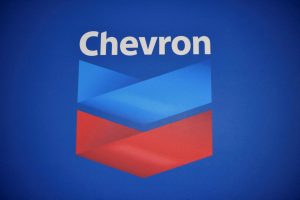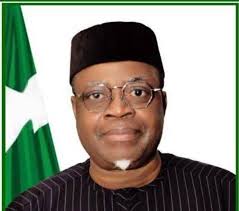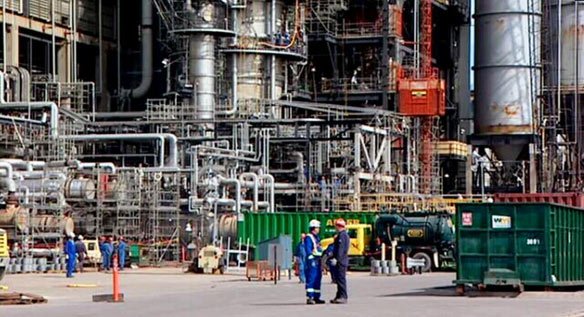 Houston — Chevron Corp plans to add 65,000 barrels per day (bpd) of Venezuelan oil output by the end of 2024 through its first major drilling campaign in the nation since Washington allowed it to restore production clipped by U.S. sanctions, three people familiar with the matter said.
Houston — Chevron Corp plans to add 65,000 barrels per day (bpd) of Venezuelan oil output by the end of 2024 through its first major drilling campaign in the nation since Washington allowed it to restore production clipped by U.S. sanctions, three people familiar with the matter said.
The effort could help Venezuela keep lifting crude production and speed Chevron’s goal of recouping $3 billion in unpaid dividends and debt from its projects in the country.
Current oil flows mark a 70%-increase from average output in 2022.
Chevron’s recent contribution to Venezuela’s crude output has been meaningful as the OPEC-member country tries to stabilize and increase production to pre-sanctions levels.
TARGET: 1 MILLION BARRELS PER DAY
Chevron’s production target of reaching 200,000 bpd by the end of next year could go far to helping Venezuela achieve its aim to surpass 1 million bpd, from an average of 785,000 bpd so far in 2023.
Two other joint ventures, Petropiar also in the Orinoco Belt and Petroboscan near Lake Maracaibo in the country’s Western region, will next receive the rigs. The idea is to drill two wells per month at the Orinoco, that person said.
PDVSA did not reply to a request for comment. The U.S. Treasury declined to comment. Chevron said it continues to conduct business in compliance with laws and regulations, as well as the sanctions framework provided by the U.S. Office of Foreign Assets Control (OFAC).
FEW OPTIONS
The drilling plan will not require new U.S. approvals because the areas involved are included in Chevron’s license, received in November, the sources said.
But it will require an oilfield supplier able to provide 1,000-1,500 horsepower rigs – a difficult task in the current environment in Venezuela, the people added.
U.S. oil service providers in Venezuela remain constrained by a U.S. license that only allows them to keep existing assets and employees in the country. They need authorization to import new equipment or take on contracts with PDVSA or its joint ventures.
Some of them have unsuccessfully pressed Washington to expand their license, which will expire in November if not renewed. Chevron either must hire local contractors, whose access to modern equipment is limited, or await a modification to the U.S. oilfield firms’ licenses.
Other foreign oil companies in joint ventures with PDVSA also have begun early planning for possible drilling campaigns. Chevron’s experience on finding the rigs and hiring service providers is expected to be a benchmark, another person said.
Reporting by Marianna Parraga; additional reporting by Sabrina Valle and Matt Spetalnick; Editing by David Gregorio – Reuters



